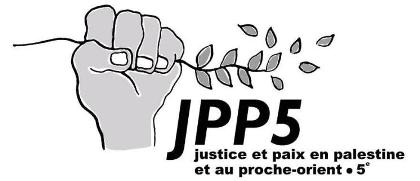le 05.03.17 | 12h00
Dans un communiqué rendu public vendredi, la Chambre des représentants a appelé le Conseil de sécurité de l’ONU à lever l’embargo sur les armes qui frappe l’Armée nationale libyenne dont le seul objectif, disent ses membres, «est de combattre le terrorisme et l’extrémisme». Après s’en être pris aux «parties intérieures et extérieures qui fournissent des armes aux agresseurs», l’institution dirigée par Aguila Salah a par ailleurs appelé l’Onu et la communauté internationale «à ne pas rester les bras croisés face à ces agressions répétées».
Qui commande les BDB ?
Des membres de la Chambre des représentants ont, de leur côté, accusé nommément le Qatar et la Turquie de soutenir financièrement et militairement les milices qui ont attaqué le Croissant pétrolier libyen. Ils ont fait, par ailleurs, porter au GNA la responsabilité légale et morale de cette attaque. Dans la foulée, 35 membres de la Chambre des représentants ont annoncé leur boycott «à tous les niveaux» du dialogue politique en cours et considéré l’attaque qui a ciblé le Croissant pétrolier comme une tentative de diviser le peuple libyen. A ce propos, ils ont rappelé que le maréchal Khalifa Haftar avait repris le contrôle du Croissant pétrolier libyen «non pas pour se servir ou s’enrichir, mais pour le mettre à l’abri des prédateurs et en faire bénéficier tous les Libyens».
Avant sa reprise en septembre dernier, la majorité des terminaux pétroliers de l’Est libyen était contrôlée par les milices de l’obscur Ibrahim Jadran. Originaire de la région d’Al Adjabiya, Ibrahim Jadran s’est beaucoup enrichi en vendant du pétrole au noir. Le Croissant pétrolier libyen, formé par les terminaux de Zoueitina, Brega, Ras Lanouf et Al Sedra, assure l’essentiel des exportations libyennes d’or noir.
Ankara et Doha pointées du doigt
De son côté, le GNA a affirmé dans un communiqué publié vendredi sur son compte twitter «n’avoir aucun lien avec l’escalade militaire qui se déroule dans la région du Croissant pétrolier» et souligné «n’avoir donné aucune directive ni ordre à une quelconque formation de se diriger vers cette zone», condamnant «avec force toute action qui sape les espoirs des Libyens». Il a toutefois prévenu qu’il «ne resterait pas les bras croisés, si les affrontements se poursuivaient dans cette zone ou ailleurs» en Libye.
De son côté, l’émissaire de l’ONU en Libye, Martin Kobler, a appelé à éviter l’escalade. «Je demande aux deux parties de s’abstenir de toute escalade et d’assurer la protection des civils, des ressources naturelles et des installations pétrolières de la Libye», a-t-il écrit sur son compte twitter. La reprise des combats dans le Croissant pétrolier intervient à un moment où les discussions interlibyennes autour d’un éventuel amendement de l’accord de Skhirat sont au point mort et où la situation sécuritaire s’est également beaucoup dégradée à Tripoli après la tentative de renversement de Fayez El Sarraj menée par les milices soutenant Khalifa Al Ghawil, Premier ministre du temps du congrès général national.
Zine Cherfaoui






 Répondre
Répondre






